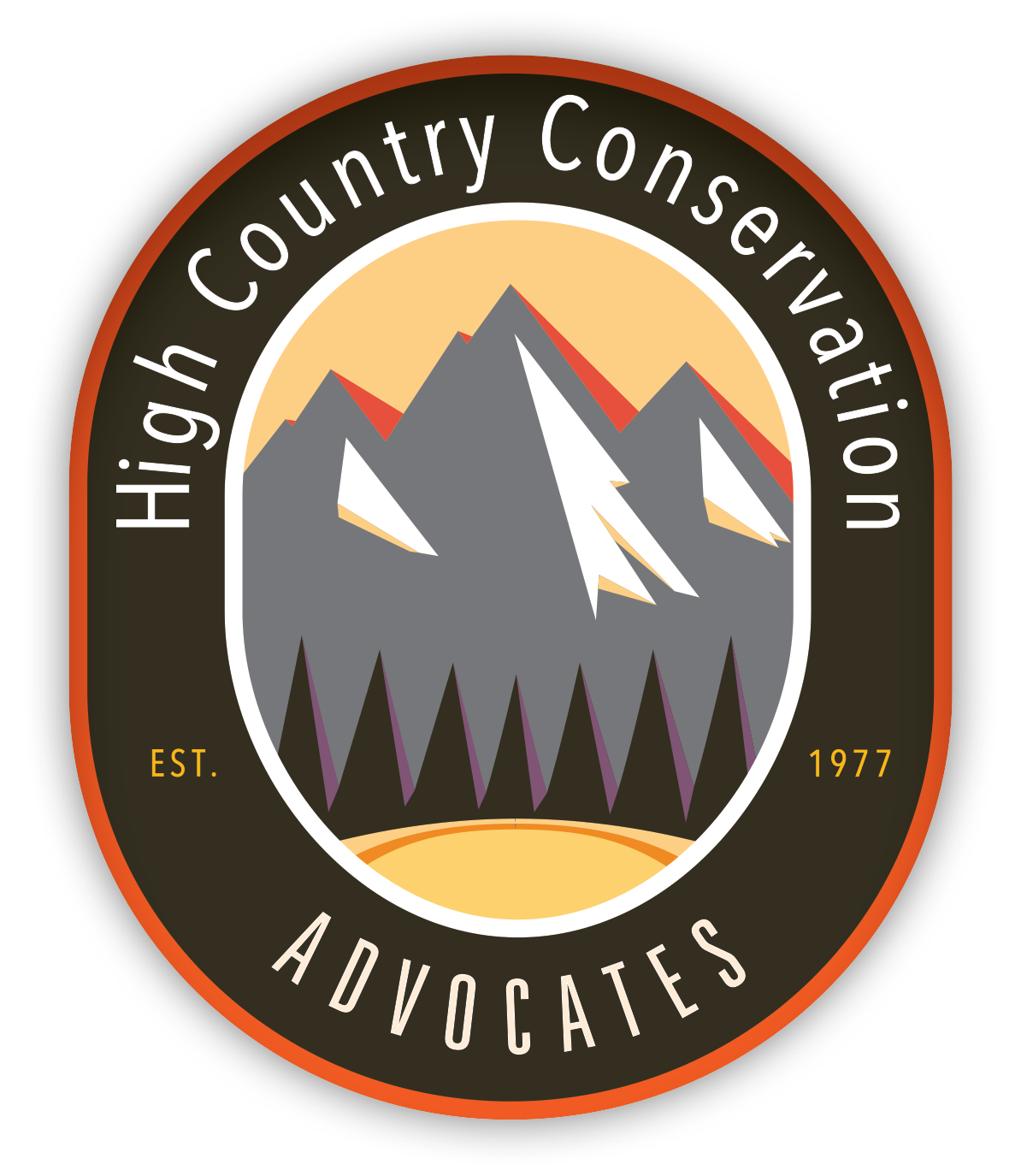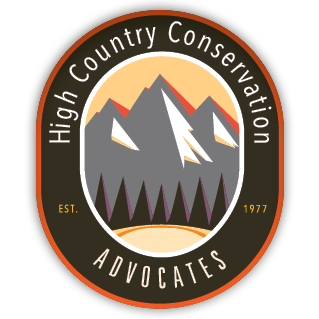Coal mine commits to flaring methane under settlement
From the Grand Junction Sentinel - By DENNIS WEBB Dennis.Webb@gjsentinel.com
Sunset Roadless Area
Mountain Coal Co. has committed to burning off methane and toxic pollutants through flaring at its West Elk Mine in the upper North Fork Valley while it pursues pollution permits, according to a lawsuit settlement approved by a federal judge Tuesday.
The consent decree was approved by U.S. District Judge Raymond P. Moore and requires the company to control its methane and volatile organic compound pollution using flares, and in the meantime, obtain legally required pollution permits, conservation groups said in a news release. The agreement will expire after Mountain Coal, a subsidiary of Arch Resources, complies with the terms of its pollution permits for two years.
WildEarth Guardians, High Country Conservation Advocates, the Center for Biological Diversity and the Sierra Club sued Mountain Coal in 2020, alleging it was illegally polluting without permits at the West Elk Mine.
In 2020, the mine reached an agreement with Environmental Commodities Corp., or ECC, for a flaring project at the mine. West Elk is the largest single industrial point source of greenhouse gas emissions in the state, thanks to the high volume of methane it vents from the underground mine. Conservation groups say the mine emitted the equivalent of more than 312,000 tons of carbon dioxide in 2020, equal to the annual emissions of nearly 68,000 vehicles.
ECC works to generate and supply emission offsets to entities capped by California’s greenhouse gas program. Burning methane by flaring sharply reduces its high potency as a greenhouse gas.
Jeremy Nichols with WildEarth Guardians said that as far as he knows, flaring has begun at the mine.
“We’re trying to get more details around what it’s looking like,” he said.
He said one reason conservation groups felt a settlement was appropriate is that the mine is taking steps to deal with the issue. He said the groups remain concerned that the mine doesn’t have permits in place and may be subject to tighter regulations, but having interim control commitments is helpful.
The conservation groups sued because they said that under the federal Clean Air Act, the mine should be subject to Colorado air-pollution reporting, permitting and control requirements based on the benzene and other volatile organic compounds emitted during venting of methane. Those substances contribute to formation of unhealthy ground-level ozone.
The mine applied for a permit with state air-pollution regulators in March 2020 and the agreement requires that it doesn’t withdraw the application.
“With Colorado and the West becoming hotter and drier due to climate change pollution from sources such as the West Elk coal mine, this agreement is a significant step in the right direction, one that will directly benefit local public lands, waters, and people,” Matt Reed, public lands director at High Country Conservation Advocates, said.
Allison Melton, with the Center for Biological Diversity, said in the release, “This settlement means tangible benefits for Colorado’s air quality, the public’s health and the climate. Protecting our health and climate also requires that we transition away from coal entirely.”


